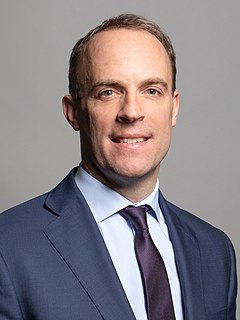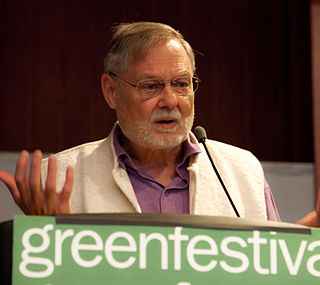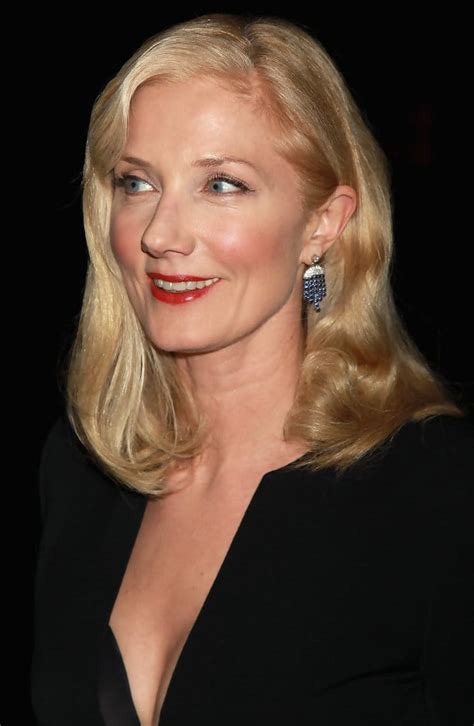A Quote by Dambisa Moyo
I went into the sciences very early on, but to me, economics pervades so much more of our lives and our existence.
Related Quotes
I do sense, as compared with let's say the early '50s, there's somewhat more of a careerism. I don't think it's anything special to economics; it's equally true with physics or biology. A graduate education has become a more career-oriented thing, and part of that is because of the need for funding. In fact, that's a much worse problem in the natural sciences than it is in economics. So you can't even do your work in the natural sciences, particularly, and even to some extent in economics, without funding.
We Aryans are those of European descent who are racially conscious and who have committed our lives to our people's survival and evolutionary advancement. We shall do our duty. We shall not surrender our freedom and our very existence to Jewish or any other power. We shall preserve our heritage and our hard-won rights and freedoms. We shall guide our people up the evolutionary stairway to the stars.
The man who lives in a small community lives in a much larger world. He knows much more of the fierce variety and uncompromising divergences of men…In a large community, we can choose our companions. In a small community, our companions are chosen for us. Thus in all extensive and highly civilized society groups come into existence founded upon sympathy, and shut out the real world more sharply than the gates of a monastery. There is nothing really narrow about the clan; the thing which is really narrow is the clique.
Our principles fix what our life stands for, our aims create the light our life is bathed in, and our rationality, both individual and coordinate, defines and symbolizes the distance we have come from mere animality. It is by these means that our lives come to more than what they instrumentally yield. And by meaning more, our lives yield more.
The social sciences offer equal promise for improving human welfare; our lives can be greatly improved through a deeper understanding of individual and collective behavior. But to realize this promise, the social sciences, like the natural sciences, need to match their institutional structures to today's intellectual challenges.
From the directives that govern the way we do business to the chilling effect of the eurozone crisis on our exports, the European Union pervades our daily lives like never before. Like many of my colleagues on the Tory benches, I believe that renegotiating the terms of our membership is vital for this country's long-term prosperity.
To live more simply is to unburden our lives - to live more lightly, cleanly, aerodynamically. It is to establish a more direct, unpretentious and unencumbered relationship with all aspects of our lives: the things that we consume, the work that we do, our relationships with others, our connections with nature and the cosmos, and more.
This is a very challenging moment for educators. Our children are headed for a much more networked existence, one that allows for learning to occur 24, 7, 365, one that renders physical space much less important for learning, one that will challenge the relevance of classrooms as currently envisioned, and one that challenges our roles as teachers and adult learners.
I began my career as an economics professor but became frustrated because the economic theories I taught in the classroom didn't have any meaning in the lives of poor people I saw all around me. I decided to turn away from the textbooks and discover the real-life economics of a poor person's existence.
As all of our lives become digital, the logic of encryption is all of our lives will be covered by strong encryption, and therefore all of our lives - including the lives of criminals and terrorists and spies - will be in a place that is utterly unavailable to court-ordered process. And that, I think, to a democracy should be very, very concerning.




































